For this fiscal year, the Swiss government will release CHF7 million (about GH¢26.5 million) to support the 2015 budget, with the rest spread over the next two years.
Mr Terkper said the government was aware of the concerns that the country’s development partners had raised about macroeconomic stability and that the government considered it equally serious and would not do anything to derail the progress made so far.
Ghana on track
Last Friday, the IMF issued a joint statement with the government to affirm that the country was on track with targets under the Extended Credit Facility (ECF) programme for the end of August 2015.
The IMF programme is expected to improve current account deficit, reduce fiscal deficits, manage and reduce debts and inflation, as well as restore general macroeconomic balances, stability and credibility to the economy.
“We are aware of the concerns which the development partners have raised with respect to the slippage that occurred. Therefore, we want to assure you about the consolidation exercise which goes into the growth phase of the economy,” Mr Terkper said.
He also recounted some of the major interventions by the Swiss government, such as support for the Venture Capital Trust Fund, public financial management reforms, as well as for the procurement and tax policy units of the ministry, saying, “The support that you give is very beneficial to the economy.”
Swiss support
The Swiss government has been providing budget support since 2002 and this last tranche marks the beginning of such concessionary general support for the budget.
Ghana will, however, remain on the Swiss support radar for project support to ministries, agencies and departments.
The economic development cooperation programme of Switzerland focuses on promoting good economic governance and strong institutions and strengthening competitiveness and inclusiveness.
Ghana is in transition to becoming entrenched as a middle-income economy. This means its access to grants and concessions will be dwindling over time.
For his part, Mr Bruegger said the current operation had been structured to facilitate an orderly exit from general budget support in 2017 and shift towards other forms of cooperation in the light of the country’s “maturing level of development and growing domestic resources”.
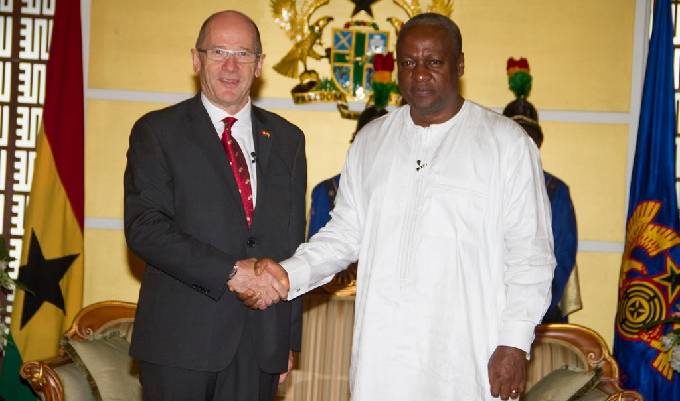
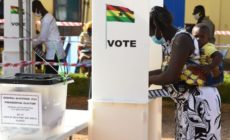
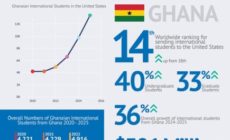
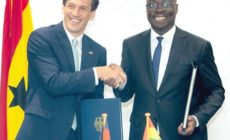
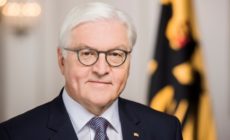






 (Selorm) |
(Selorm) |  (Nana Kwesi)
(Nana Kwesi)